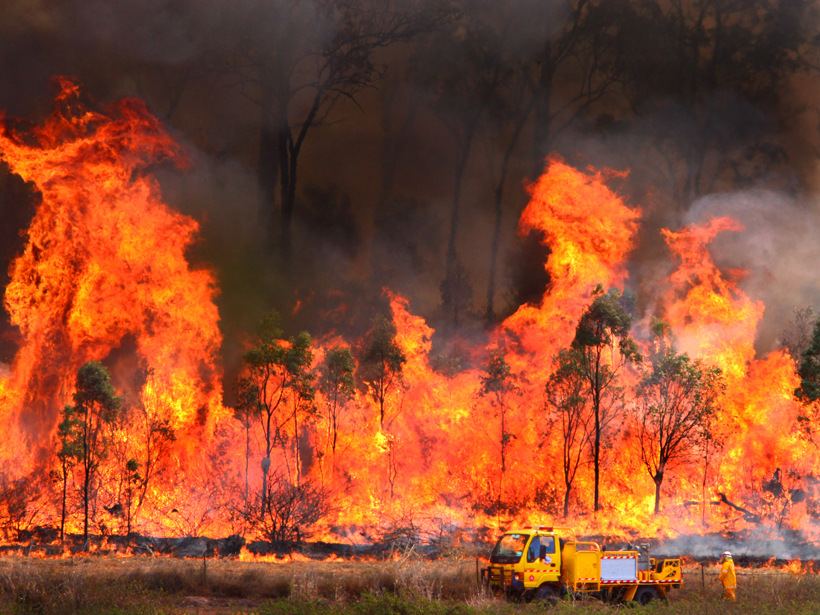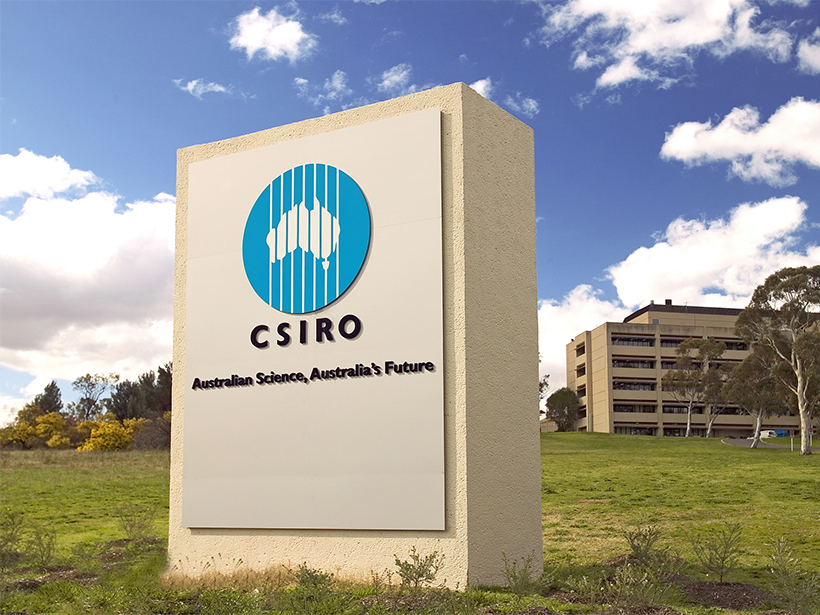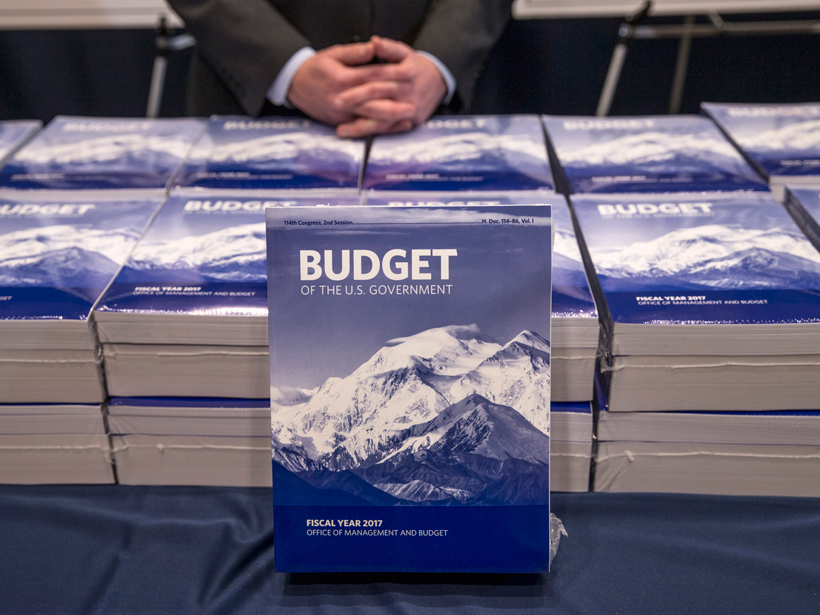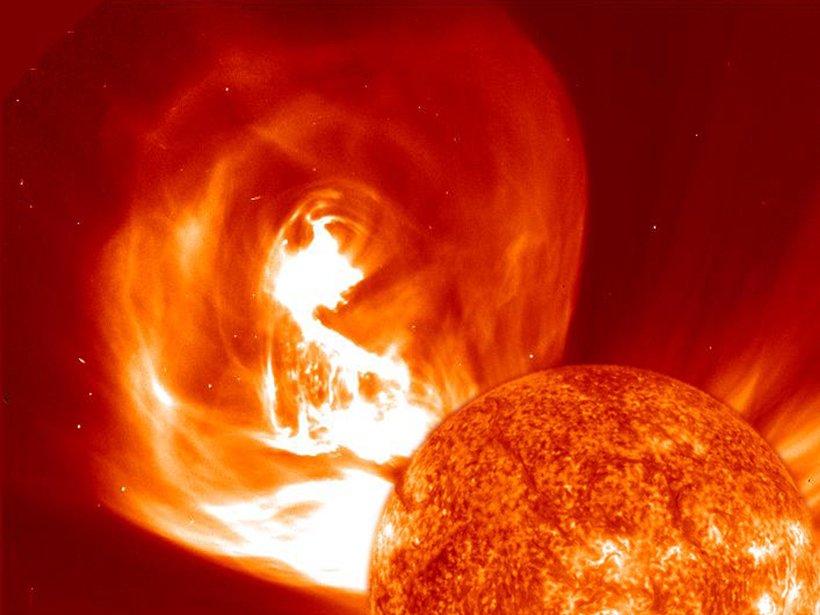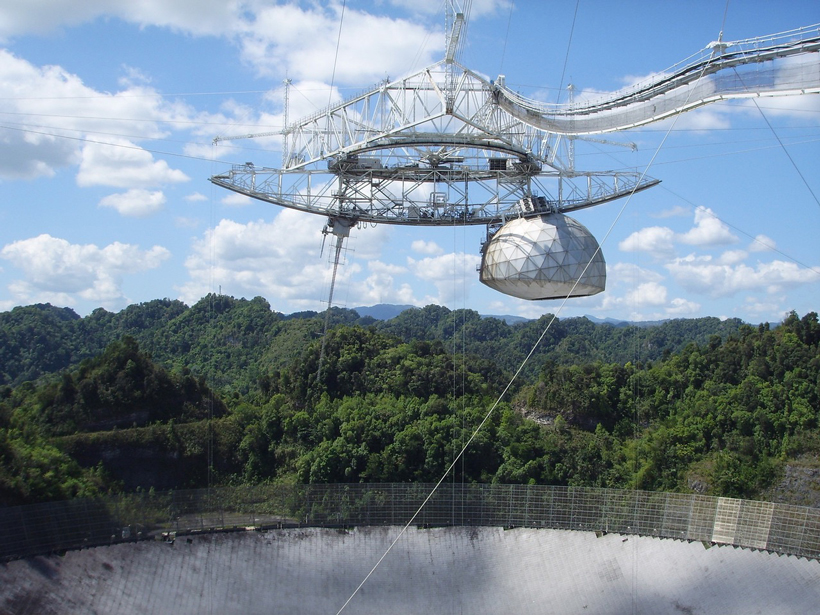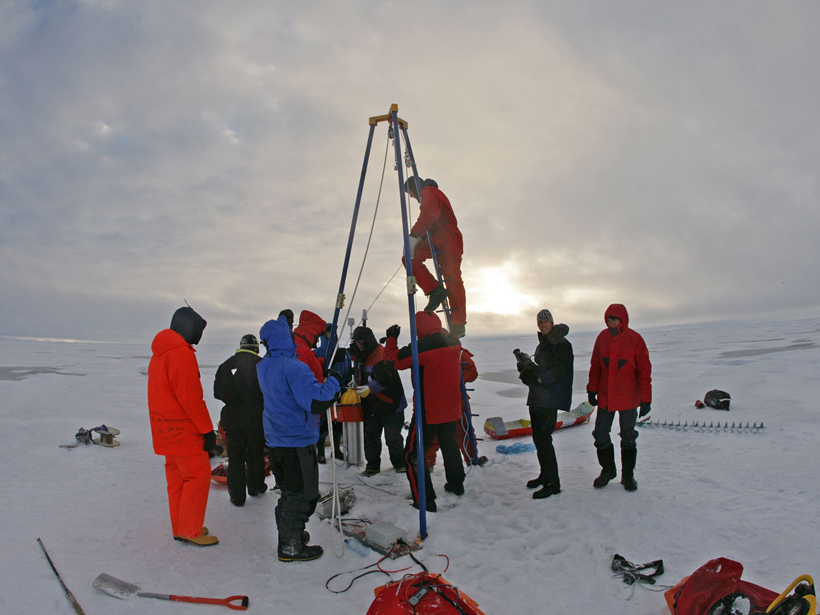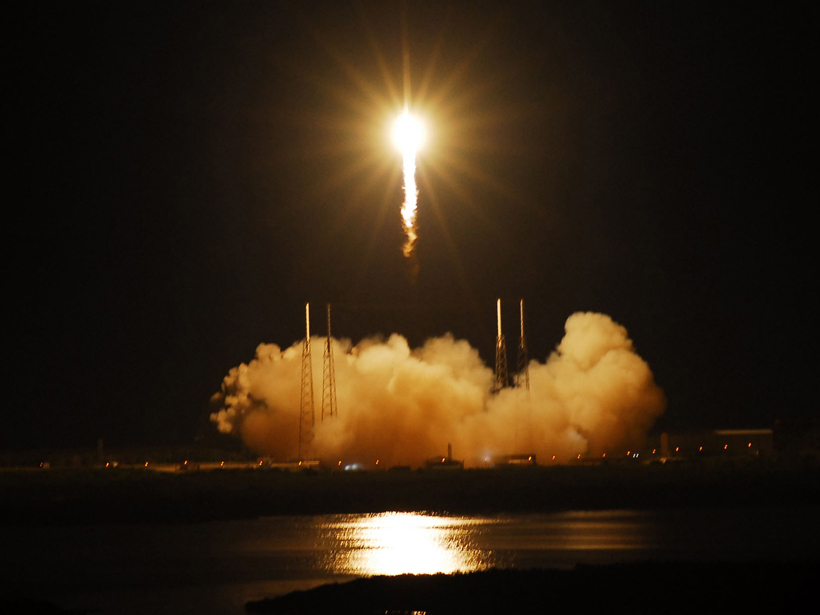The recently unveiled planned shift from basic climate research toward responses to a transformed climate could cost research jobs, hamper climate studies, and limit data gathering and analysis.
science policy
Cuts to CSIRO Oceans and Atmosphere Program Cause Concern
Drastic cuts within CSIRO will cut off Australia's critically important contributions to the global climate community
Mandatory Funding Would Boost U.S. Science Budget
Much of the White House's proposed 4.2% increase for federal research and development funding next year depends on Congress agreeing to a new "mandatory" funding category not subject to a budget cap.
The Proof of Our Science Lies in the Telling
Communicating our science for the benefit of society
Space Weather Gains National and International Attention
A heightened understanding of geomagnetic disturbances in a high-tech world encourages policy changes in the United States and abroad.
The Case for Multiuser Facilities
As federal agencies look to slash costs, facilities become obvious targets. But cutting funds to these vital programs may have far-reaching consequences.
Oil, Coal Industry Leaders Fault Obama Policies at Energy Forum
In a review of the energy industry, fossil fuel industry leaders said they are fighting federal policies. The solar industry recently benefited from a 5-year tax credit.
AGU Signs Agreement with Council on Undergraduate Research
Collaboration between the scientific society and the educational organization aims to foster research opportunities and diversity in undergraduate geoscience education.
Arctic States Nearing Science Cooperation Pact
Negotiations are focusing on removing obstacles to conducting research rather than on setting international scientific priorities. Research priorities among Arctic nations already overlap considerably, according to a U.S. negotiator.
United States Still First in Science, Tech Research Spending
Although federal funding of science and engineering research has fallen behind inflation, private sector investment remains high, reports the U.S. National Science Board in its latest update.

